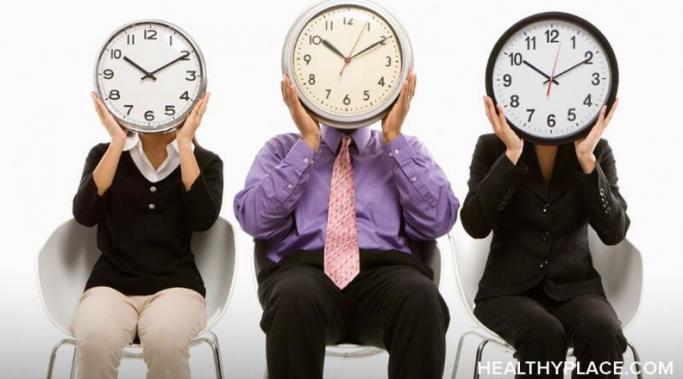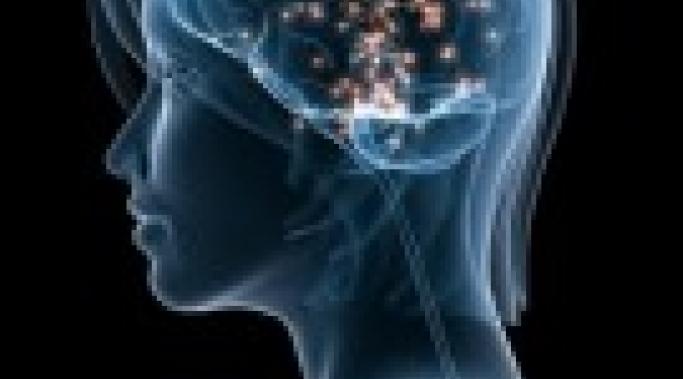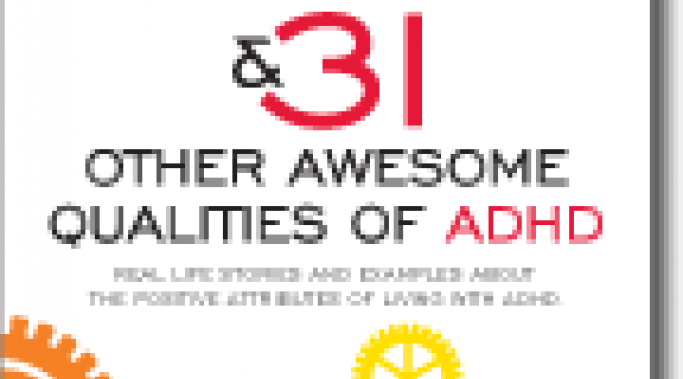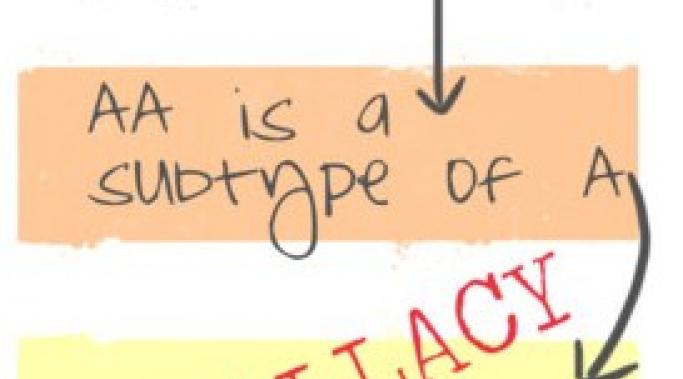Blogs
The Bill of Rights was added to the United States Constitution to ensure the federal government did not trample the rights of the people. At the time, many contested the Bill of Rights saying that the federal government had no power that was not explicitly enumerated in the Constitution, so there was no need to spell out the Peoples' rights.
Well, it's a good thing we do have the Bill of Rights because today it serves to remind the government to stay in its' own lane.
Like our country's Bill of Rights, there should be no need for a Partner's Bill of Rights within a relationship. However, when you love someone, it is easy to blur the boundary lines between "me" and "you" as two merge into "one relationship." When you consider that in an abusive relationship there is one partner fighting to completely engulf the other partner into him or herself, then the boundary lines easily become non-existent.
No matter what the Constitution of your relationship, it is a good idea to keep in mind the following inalienable rights.
As an ADHD life coach, I get to work with some of the most amazingly creative adults living with ADHD every day. This week, I met with a new client to talk about how ADHD was impacting her life and began helping her design initial ADHD coaching strategies to better manage these challenges.
Sooner or later we are all tormented by that nagging, unnerving question. You know the one. Am I wearing my underwear over my clothes? Is my cheese slipping off the cracker? Am I marching to the beat of a different didgeridoo? Is the diploma in my den from Whassamatta U?
Like a pebble wedged firmly in your shoe the uncertainty refuses to leave, taunting and mocking until thinking of anything else is impossible.
I’ve been troubled by these moments of existential meltdown for decades, which is why I was so excited when my friends at Kronko told me about self-diagnosis with SynAPPS® - the latest in “smart” applications for iPhones, iPads, and ay caramba. Here’s how it works. As an intelligent application, SynAPPS® records your online activities in order to build, and regularly update, a psychodynamic knowledge base enabling it to gauge your sanity quotient on demand.
By now we know the symptoms of bipolar disorder - wild mood swings from euphoria (mania or hypomania) to depression. We know that bipolar disorder comes in lots of variants, bipolar 1, bipolar 2, cyclothmia, rapid-cycling and so forth.
But when are the symptoms of bipolar disorder not bipolar disorder? Are there other illnesses that can account for bipolar symptoms?
When is bipolar disorder not bipolar disorder?
While I would recommend being open about one's own struggles as a way to fight stigma, which is usually due to ignorance, openness is not for everyone. Ultimately, each person has to decide for himself or herself what is right. I understand the reasons for keeping quiet about a diagnosis, especially some of the more misunderstood ones. Yet the only way we can hope to get rid of stigma is by education, and education begins with openness.
Amanda_HP
When cruising Facebook profiles, many times under "relationship status," you'll find someone wrote "it's complicated." As a matter of fact, you'll find the phrase on so many profiles, it's become sort of a joke. What's no laughing matter is that for many with a mental illness, relationships can be complicated.
As young people seeking help for our mental health issues, sometimes we face unique challenges. I occasionally get criticism from older people telling me that I am just taking myself too seriously. They say I don't really have a mental illness or addiction, but insist that I am just young or immature and I will grow out of it. This was especially troubling when it came to my alcoholism.
I am blessed with fantastic and supportive relationships in my family. When I was twelve years old and in the children's psychiatric hospital, my parents and siblings would visit whenever they could. They brought me chocolate and teddy bears, tears and promises that I would be home soon. But bipolar disorder, or any mental illness really, can either destroy relationships or enhance them. And that's okay. Let some relationships go, and make sure you keep the supportive relationships.
Thirteen years ago, I was a Psychiatric Mental Health Nurse Practitioner by day and the mother of a son newly diagnosed with ADHD by night. Despite my experience and education in the psychiatric field, I felt helpless as to how to help him manage and overcome his challenges. Little did I realize just how much ADHD would impact his life, my personal life and professional life. In the years to come, I would discover ADHD Coaching and see what a difference it made to help him overcome his struggles. I would learn that my husband and older son also struggled with the disorder and that I myself, although never officially diagnosed, had many ADD/ADHD tendencies, characteristics and traits.
All of the misconceptions about Dissociative Identity Disorder bother me because they create barriers to diagnosis, treatment, and support. But there’s one myth that bothers me for more personal and, up until today, private reasons. And that’s the assumption that child abuse causes Dissociative Identity Disorder.







